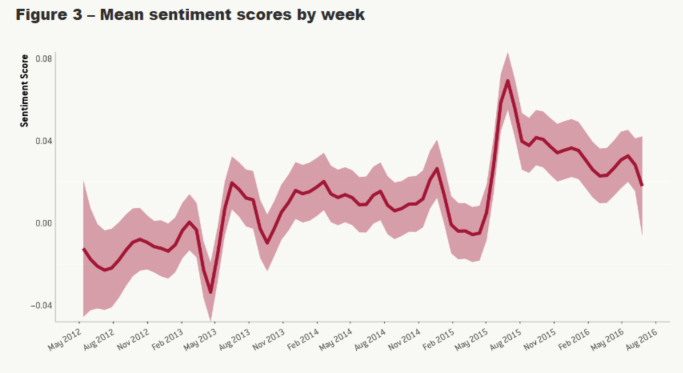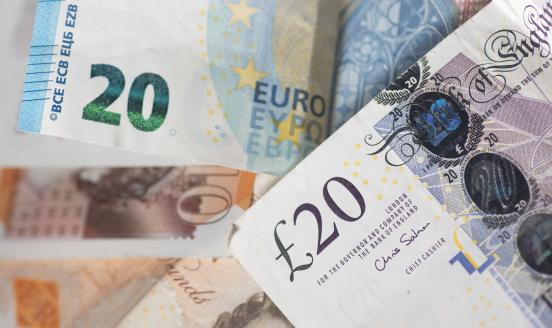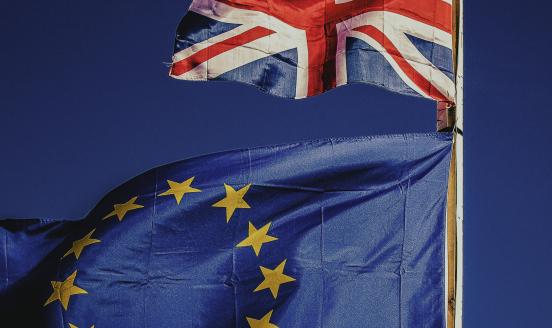29 charts that explain Brexit
From financial services to the creative industry, from trade to migration, this selection of charts maps out the troubled waters of Brexit, and provid
From: The day after Brexit: what do we know? by Uuriintuya Batsaikhan
From: What is the age profile of UK immigrants? by Zsolt Darvas
From: Fog in the Channel: Brexit through the eyes of international trade by Pia Hüttl and Silvia Merler
From: Trade flows between the US, UK and EU27: what goes where? by Filippo Biondi and Robert Kalcik
Trade flows between the EU, the US and the UK
From: Brexit: who trades what with the UK? by Silvia Merler
From: Should the UK pull out of the EU customs union? by André Sapir
From: What consequences would a post-Brexit China-UK trade deal have for the EU? by Alicia Garcia-Herrero and Jianwei Xu
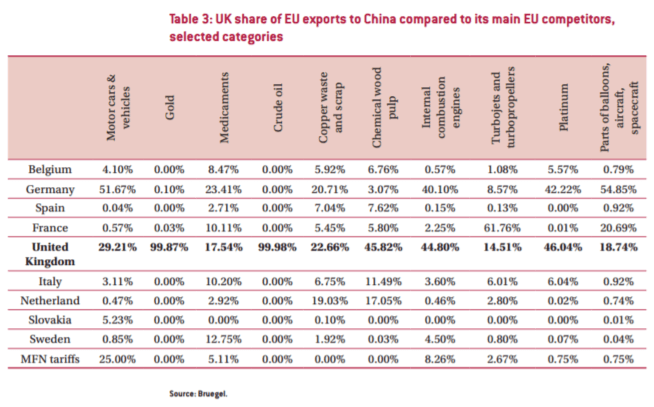
From: Lost passports: a guide to the Brexit fallout for the City of London by Dirk Schoenmaker
From: Brexit endangers London’s status as a financial hub by Pia Hüttl and Silvia Merler
From: Northern Ireland and EU funds by Pia Hüttl and Jaume Marti Romero
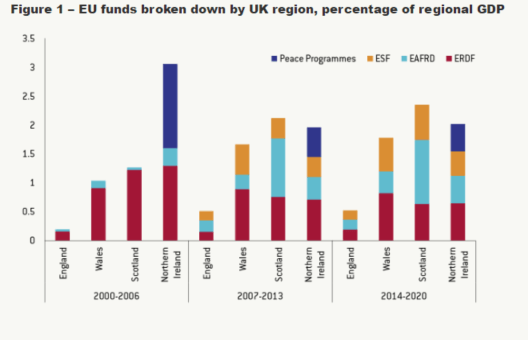
From: Brexit and the European financial system: mapping markets, players and job by Uuriintuya Batsaikhan, Robert Kalcik, Dirk Schoenmaker
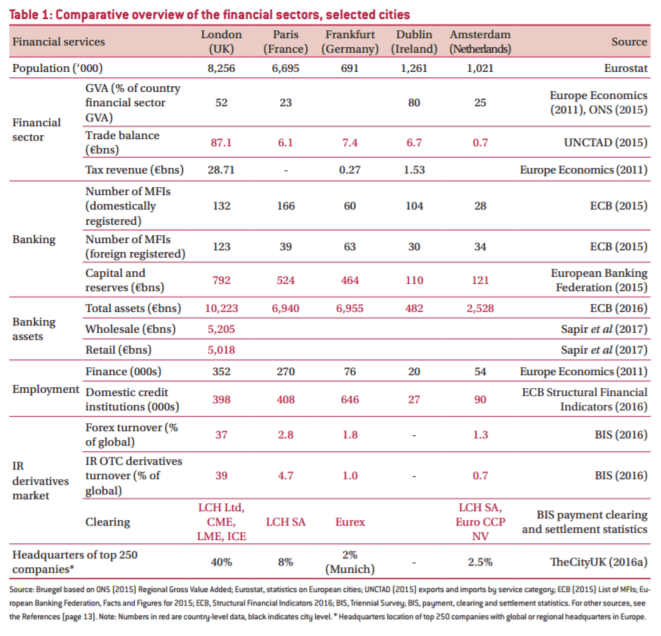
From: Making the best of Brexit for the EU27 financial system by André Sapir, Dirk Schoenmaker, Nicolas Veron
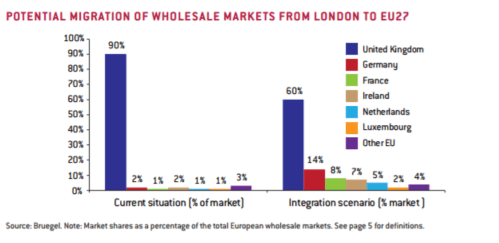
From: The impact of Brexit on UK tertiary education and R&D by Maria Demertzis and Enrico Nano
From: The UK’s Brexit bill: could EU assets partially offset liabilities? by Zsolt Darvas, Konstantinos Efstathiou, Inês Goncalves Raposo
From: Single market access from outside the EU: three key prerequisites by Zsolt Darvas
From: Questionable immigration claims in the Brexit white paper by Zsolt Darvas
From: Tweeting Brexit: Narative building and sentiment analysis by Henrik Müller and Giuseppe Porcaro
The figure depicts the results by showing the overall mood in the “Twittersphere” over time. Values of zero represent a balanced view where tweets containing a predominantly pro-Brexit (positive values) and a pro-Remain stance (negative values) offset each other.
